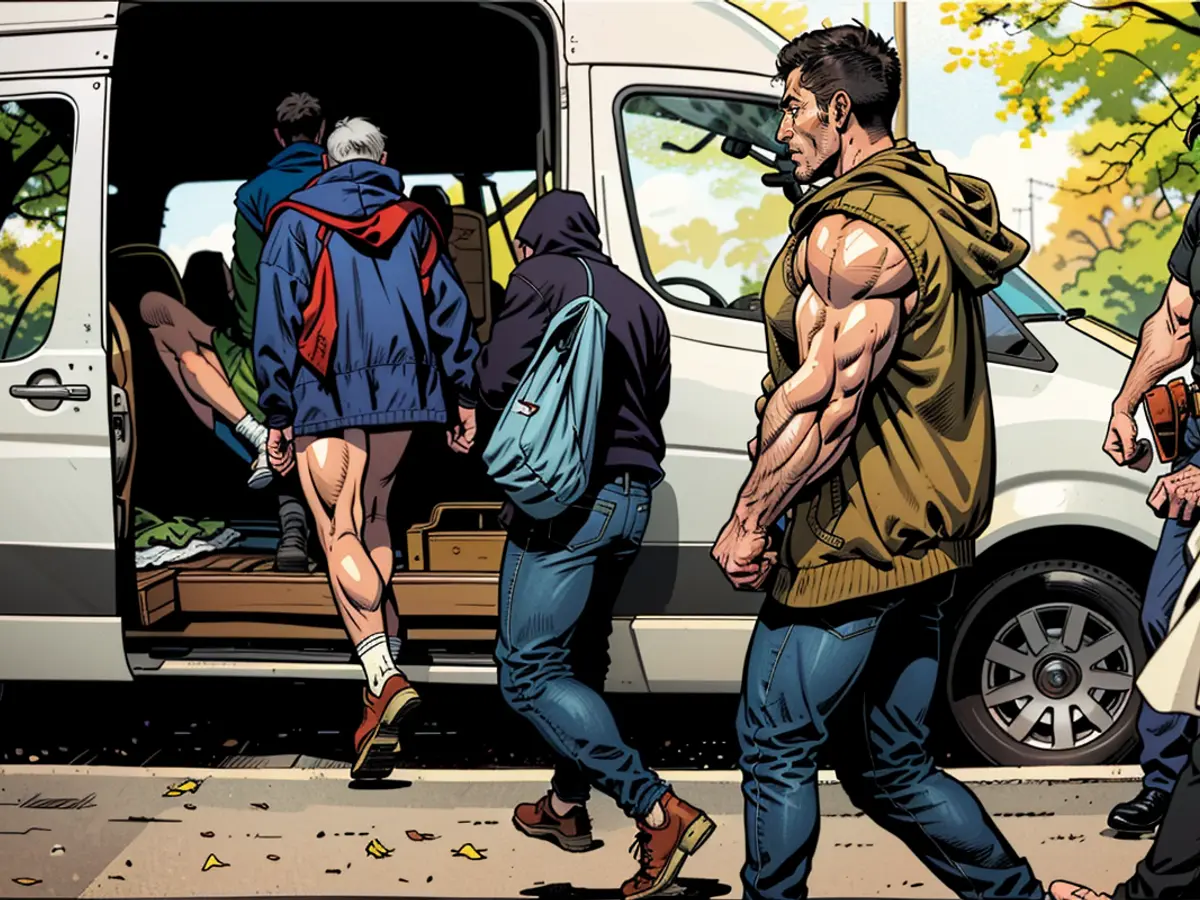The administrative authority engages in talks with the EU and various nations regarding migration regulations.
Last week, the meeting at the Federal Ministry of Interior was arranged by the government due to the knife attack in Solingen. From their standpoint, the discussions revolved around the security plan enacted after the incident, which entails broadening weapon prohibitions and strengthening asylum and residency regulations.
CDU representative Frei stated, "We still need more." His like-minded colleague from the CSU, Andrea Lindholz, expressed the public's desire for a "decrease in unauthorized migration." She further commented, "Superficial measures won't suffice here."
In response to union calls for denying refugees at the border, SPD Minister-President Weil remarked, "This is one of those issues where we need to ponder on what's achievable and what's not." According to him, EU law imposes "extremely strict limitations" on this matter.
However, Weil supported the meetings: "We see that the subject matters are splitting our society," he said. "And I'm convinced that a united front by democratic forces can only be advantageous, and the population will surely take notice."
The Lower Saxony Minister-President considered it "unrealistic" for the talks on Tuesday to produce a common solution on all matters. Nevertheless, he added that no one has an interest in a conversation "that never concludes."
The CDU, specifically Frei, advocated for "further measures" beyond the current security plan. In the context of the government discussions, Andrea Lindholz from the CSU echoed this, calling for a reduction in "uncontrolled migration."







